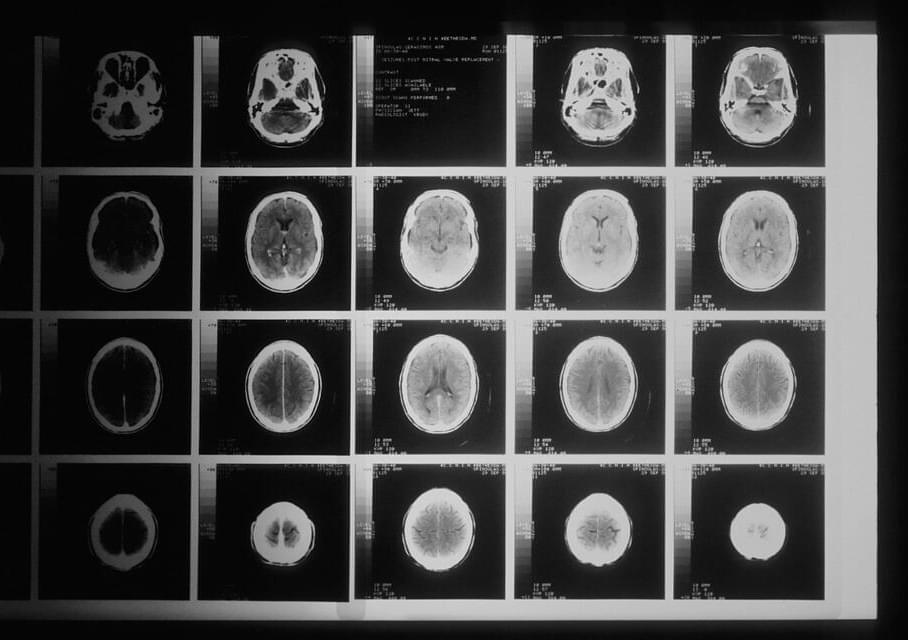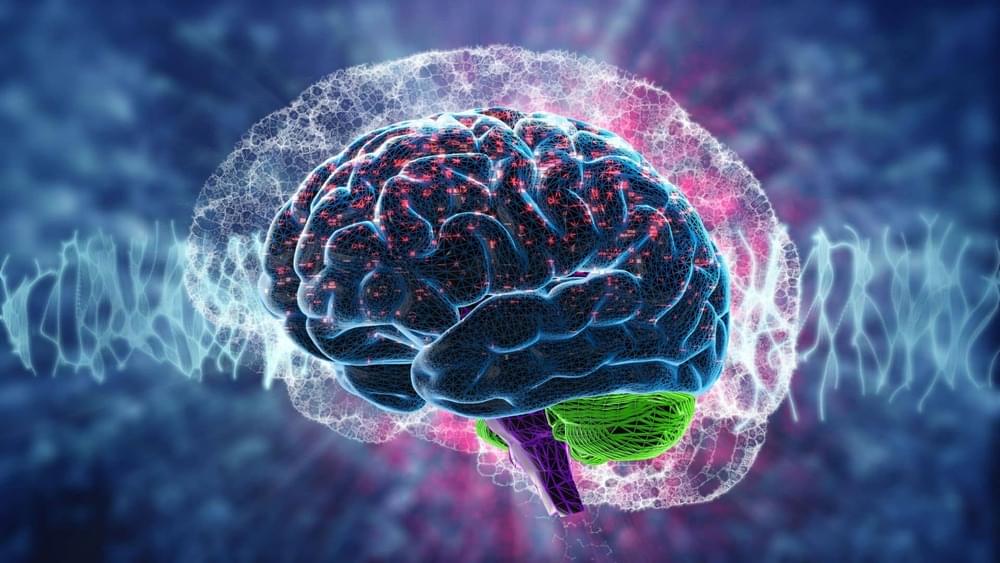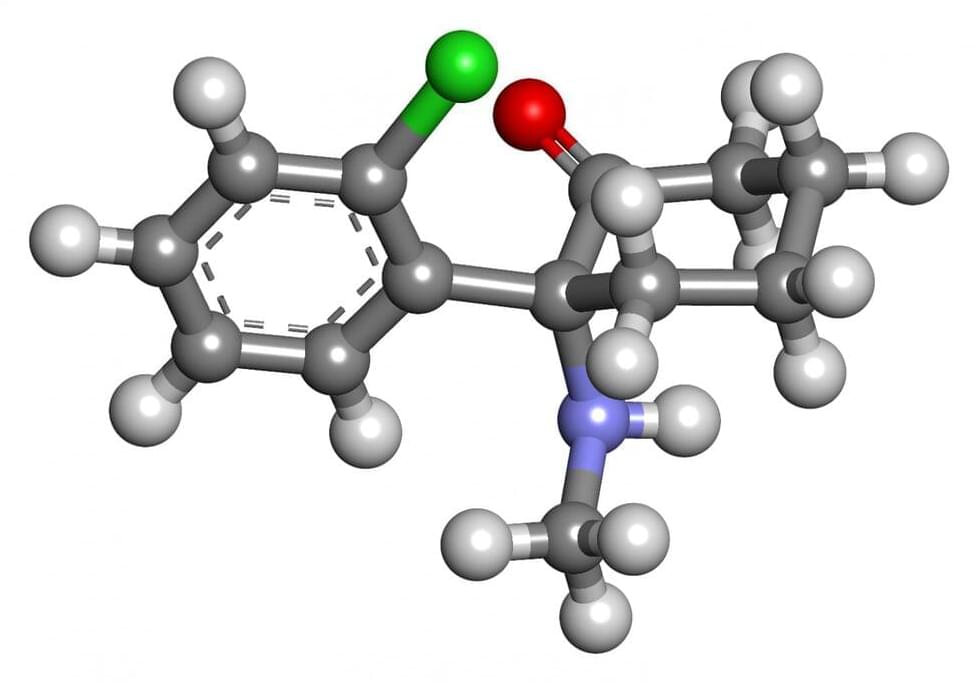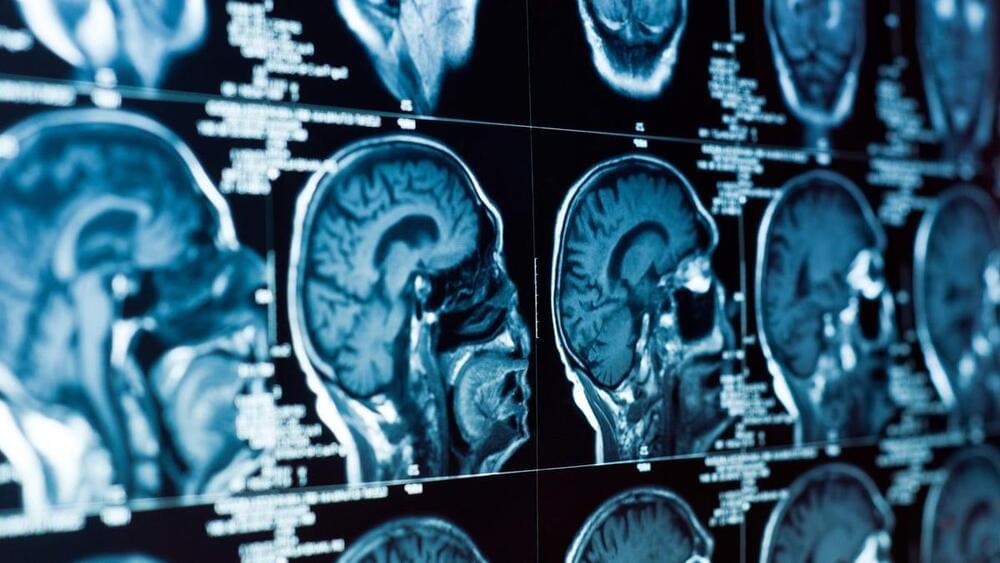Check out the math & physics courses that I mentioned (many of which are free!) and support this channel by going to https://brilliant.org/Sabine/ where you can create your Brilliant account. The first 200 will get 20% off the annual premium subscription.
This is a video I have promised you almost two years ago: How does superdeterminism make sense of quantum mechanics? It’s taken me a long time to finish this because I have tried to understand why people dislike the idea that everything is predetermined so much. I hope that in this video I have addressed the biggest misconceptions. I genuinely think that discarding superdeterminism unthinkingly is the major reason that research in the foundations of physics is stuck.
If you want to know more about superdeterminism, these two papers (and references therein) may give you a good starting point:
https://arxiv.org/abs/1912.06462
https://arxiv.org/abs/2010.
You can support me on Patreon: https://www.patreon.com/Sabine.
0:00 Intro.




